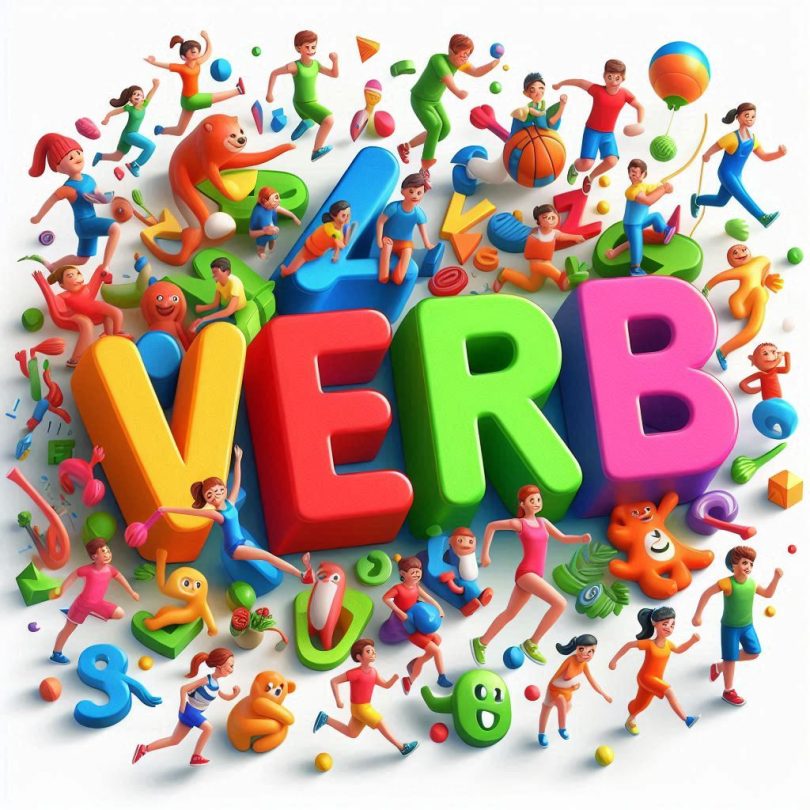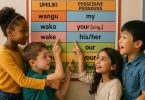Let’s examine the verbs ending with -a.They are the easiest to study because they follow specific rules and they are the most numerous.The verbs that end in any other vowels than -a are to be memorized because they seem not to follow regular rules.
The ending of a Swahili verb depends on the number of times the action is done,the number of people doing the action, who’s doing the action and to whom the action is done to.
*Let’s start by looking at the verb “tenda”(do).
-There are nine ways in which a regular Swahili verb can be conjugated:
TENDA – to do something (un-conjugated).
TENDEA – do an action upon someone else.
TENDANA – do an action to someone, and they do it unto you
TENDEANA – to do an action on behalf of someone, and they do it on your behalf.
TENDWA – an action to be done upon you
TENDEWA – an action is done on your behalf
TENDEKA – an action occurs (by itself) or is complete.
TENDESHA – to make someone do something or to make an action occur
TENDESHANA – to make someone do an action, and they make you do it in return.
Our second example of verb will be “cheza”(play/dance).
For simplicity,we will use the interpretation “play”.
1. CHEZA (un-conjugated)-Play
2.CHEZEA-To play with someone usually to either tease or annoy them.
3.CHEZANA-To play someone and them playing you in turn.This can be interpreted as to cheat on one another.
4.CHEZEANA-To play on behalf of someone and them playing on your behalf.
5.CHEZWA-To be played.i.e to be cheated or tricked.
6.CHEZEWA-To play on one’s behalf.
7.CHEZEKA-To be played.This means that a)The thing or the person is easily played or b)The action of the “play” is completed.
8.CHEZESHA-To make someone or something play.
9.CHEZESHANA-To make someone or something play and that someone or something makes you to play in turn.
EXAMPLE IN SENTENCES
Let’s use the verb “osha”(wash).
1.Osha sahani.(Wash a plate).
2.AmeniOSHEA sahani.(He/she has washed the plate for me).
3.Dada zangu wameOSHANA nywele.(My sisters have washed one another’s hair).
4.TumeOSHEANA sahani.(We have washed one another’s plates).
5.Mwana ameOSHWA.(The child has been bathed).
6.TumeOSHEWA sahani.(The plates have been washed for us).
7.Sahani huOSHEKA.(Plates are washable).
8.Halati ameniOSHEZA sahani.(My maternal aunt has made me wash the plates).
9.TumeOSHEZANA sahani.(We have made one another wash the plates).
NOTE:The capitalized part has been rendered so to highlight the conjugation part of the verbs.Otherwise,the verbs are usually written in regular cases.
Photo Bing







